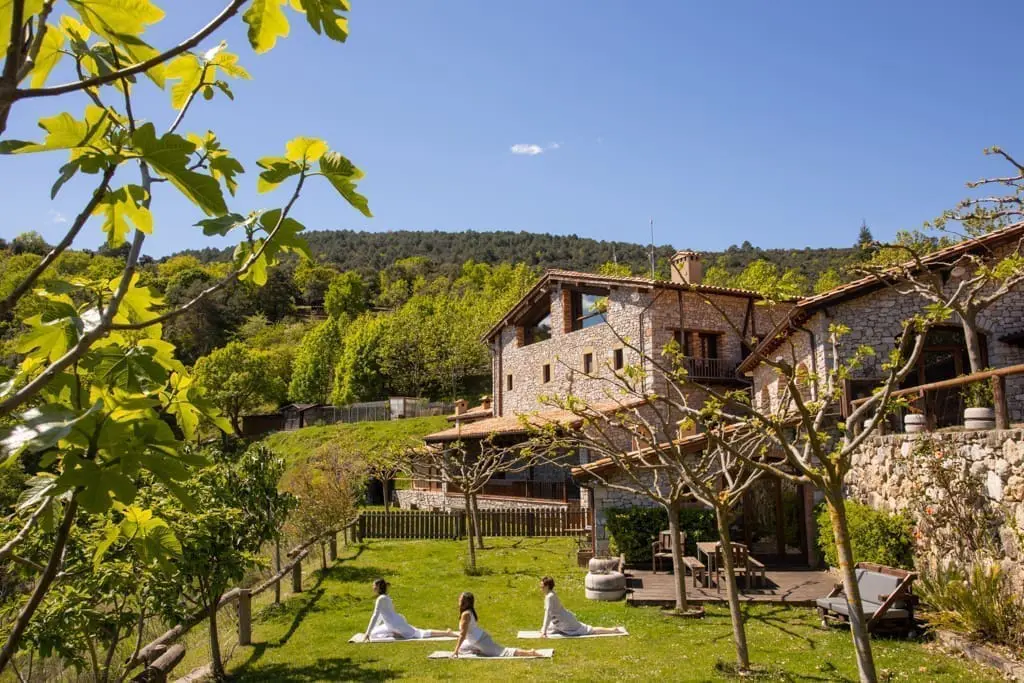

Energy efficiency is not just an environmental issue, but a strategic decision that offers competitive advantages for the tourism sector. In the face of rising energy costs, new environmental regulations, and the growing demand for sustainable tourism, more and more businesses in the province are adopting measures to optimise their energy consumption.
Energy Saving Certificates (CAEs) are one of the most innovative tools for driving this shift, as they make it possible to monetise the energy saved and encourage investment in more efficient infrastructure. But what do they really mean for the tourism sector?
Benefits for the sector
CAEs work as a compensation mechanism that enables tourism establishments to sell their energy savings to companies required by law to reduce their energy consumption. This system offers multiple benefits:
Benefits for the Visitors
More and more people are seeking accommodation and experiences that are authentic and environmentally responsible. By choosing those committed to energy efficiency, they not only enjoy a more comfortable and modern space, but also help to:
Energy Saving Actions
The tourism sector can obtain CAEs through a range of energy-saving actions. Some of the most common include:
These improvements not only have a positive impact on the environment, but also deliver tangible value to businesses—whether through lower operating costs or an enhanced customer experience.
Sustainable tourism as a competitive advantage
In Catalonia, several tourism establishments have begun implementing CAEs with positive results. On the Costa Brava and in the Girona Pyrenees, some businesses have already introduced efficient climate-control systems and embraced smart lighting, achieving significant energy savings and better management of their resources.
Recent data show that, in certain cases, replacing boilers with heat pumps has delivered savings of more than 450,000 kWh per year, with a direct impact on cost reduction and on the market value of these savings within the CAE system.
How can tourism businesses apply for CAEs?
The process for making the most of the benefits of Energy Savings Certificates follows these steps:
The future of the sector lies in innovation and sustainability
The Costa Brava and the Girona Pyrenees have long been evolving towards a more efficient, digital, and sustainable tourism model. As a result, more and more tourism businesses are taking advantage of tools like CAEs to boost their competitiveness. Adapting to this new reality not only means reducing costs and improving business profitability, but also reinforcing a commitment to more responsible tourism that aligns with the expectations of future visitors.
Do you think your tourism establishment is already taking advantage of these opportunities? Share your experience with us, or get in touch to find out how to implement them!

